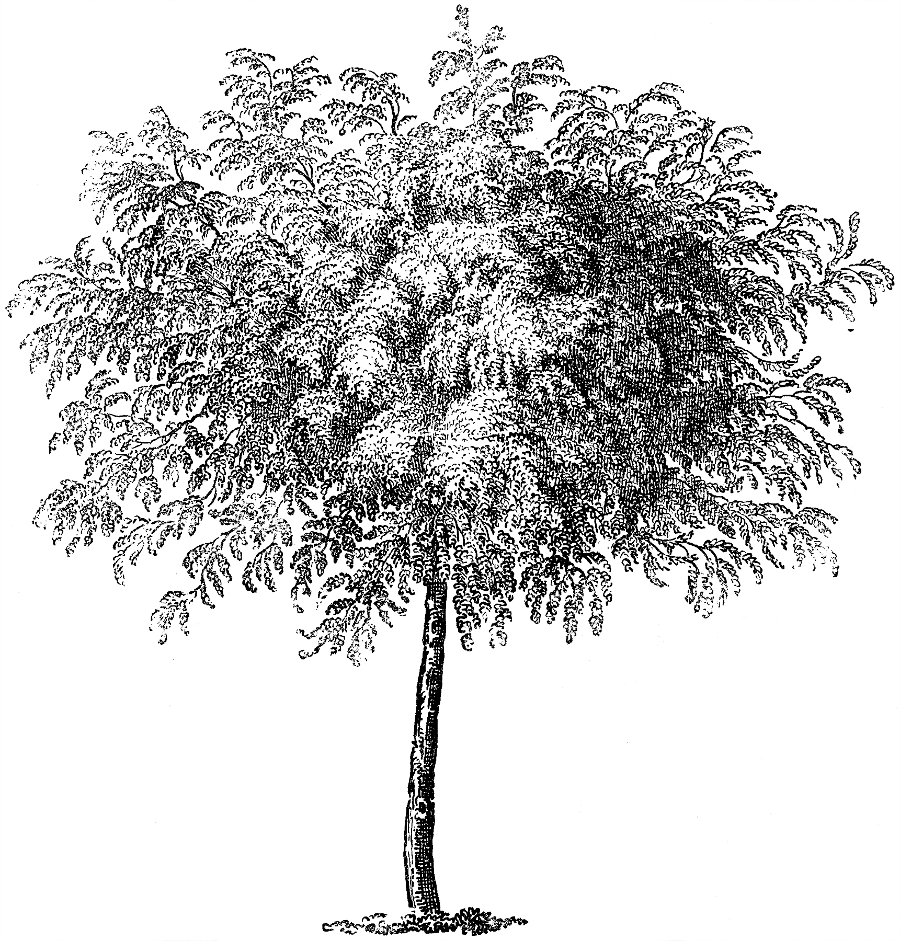 Ochala
Ochala
The ochala tree is one of the most important commercial crops in Moru Kel. While the oil from the tree is astringent to the point of being inedible, it’s emerged as a key component of many washes and cosmetics used in and exported from the city.
The ochala tree is a bushy, leafy deciduous tree which grows in humid subtropical climes. Spring time produces panicles of small pink, orange, and yellow flowers. The fruit is a fist-sized, spiked capsule, at the heart of which is a large nut-like seed commonly referred to as the ochala nut. The seed is a flattened spheroid, smooth and brown with a rougher, whitish basal scar — similar in appearance to a larger chestnut. The tree starts bearing its first fruit when it is 10 to 15 years old; full production is attained when the tree is about 20 to 30 years old. Trees are long-lived, with many still productive well into their second century.
Ochala trees do not take well to transplantation, so producing an orchard is a time-consuming affair.
Commercial Uses
The primary commercial value of ochala is in the unctious ochala butter extracted from the nut and its derivatives. Ochala butter has a neutral ivory color and serves as a base for many of the city’s soaps and cosmetics, as well as being a popular shaving butter. The barbers along the Slow Road employ an ochala-based hair butter to give the hair sheen and luster. Ochala has a pleasant floral aroma with a hint of nuttiness which make it popular in some of the most luxurious perfumes and deodorants produced in Moru Kel.
When distilled down it becomes a moderately astringent oil which is popular in bathhouses and for home application. Ochala oil is applied by wrestlers before matches to inhibit grappling. The oil is non-toxic but unpleasantly tannic in taste, often described as having a flavor like biting into a banana peel. It has a home only in the most rustic local fair.
Ochala-based cosmetics and ochala oil have become major exports for the city, with demand from Saffa and elsewhere outstripping supply. While the Orcharders are doing a fine job planting new trees, those saplings are years from reaching productivity. The current market has caused a spike in price and decreased availability, with Mezzian olive oil being used as a cheaper, inferior substitute in some bathhouses.
Even prior to the current boom, ochala was one of the emblematic plants of the city, lending its name to one of the major stairwells. The hard nut of the ochala is often used as a ball in children’s stairball games, with some enterprising youth making a few pennies by rounding nuts into a spherical form and selling them for such play.
↞ Previous: Lacewort Next: Sentry Lizard ↠